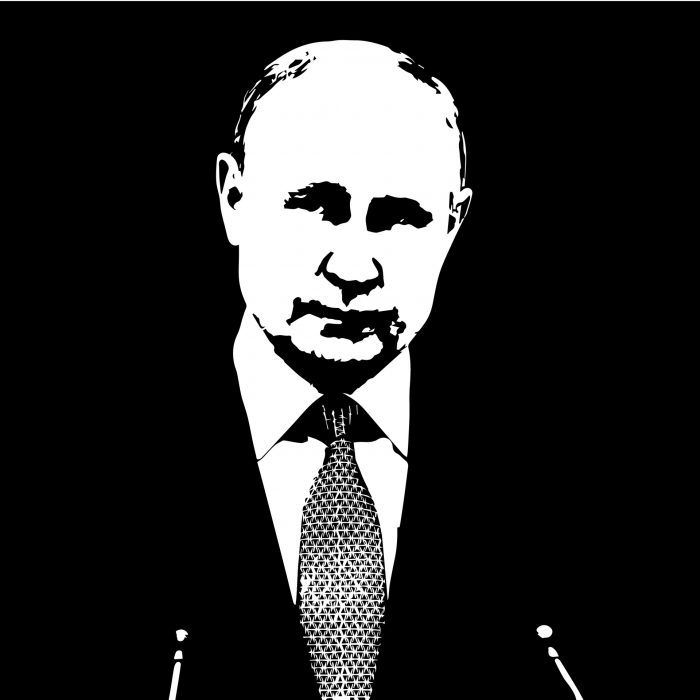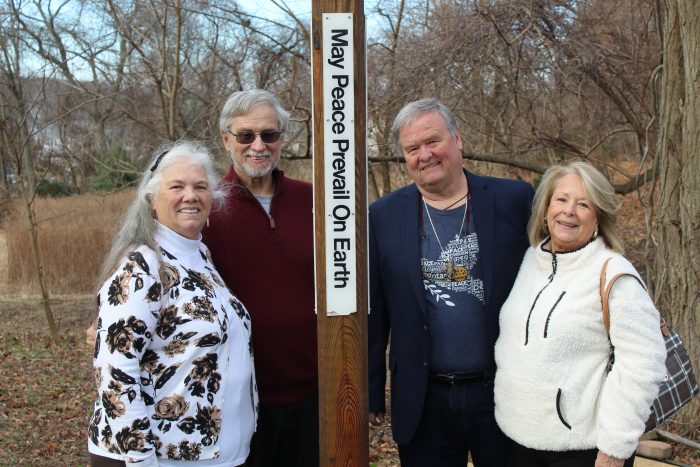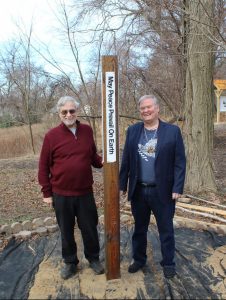The Russo-Ukrainian War has become the largest European conflict since World War II, which ended in 1945.
A year after the Russian invasion, and with his nation fighting for its survival, Ukraine’s leader President Volodymyr Zelenskyy has told the world his forces would continue their efforts.
The year of bloodshed
At first, the international community believed the Ukrainian capital of Kyiv had no chance of holding out against a well-coordinated Russian assault. Yet the capital city remains in Ukrainian hands.
Some cities in Ukraine now resemble the World War II-ruined cities of Berlin, Dresden and Warsaw, buried in rubble.
At some points in the war, Zelenskyy has warned against the potential collapse of his lines as Russian assaults have been levied against his army. The president of Russia, Vladimir Putin, has relied on the costly strategy of attrition against the Ukrainians, even as his army has endured as many as 200,000 casualties.
During this year of fighting, Ukraine, with a smaller army, has relied on Cold War-era planes, helicopters, guns and tanks yet has thwarted Russian movement.
With European allies like Germany deploying Leopard tanks, the key to Ukrainian survival has rested in the constant supply of weapons from the coalition that the United States has created.
The war has demonstrated the might of American weaponry, which has stymied the Russians. Through the proximity of American bases in Poland and Germany, American forces have also trained Ukrainian noncommissioned officers to lead their soldiers better.
This expertise has also aided Ukrainian military officials, who have learned to mobilize Patriot air defense systems, Abrams tanks and artillery guns. Although the Biden administration has continually downplayed the deployment of fighter planes for the Ukrainians, reports indicate that training has already commenced for some of their pilots.
A disconnected dictator
Putin, meanwhile, continually targets civilian populations of Ukraine’s major cities and towns, causing death and destruction with hypersonic missiles that are almost impossible to shoot down.
On the world stage, the Russian army has no clear path to victory. Some of Putin’s soldiers have even sent videos to their families and the press, revealing how poorly equipped and trained they are to meet the Ukrainians on the battlefield.
Some Russians have openly criticized the government for mishandling the invasion effort. Putin’s government has lost much credibility along the way.
During the early days of the war, the Russian dictator said his goal was to rid Ukraine of its “Nazi” elements that influenced the government in Kyiv. During a recent G20 Summit in New Delhi, Russian foreign minister Sergey Lavrov was met with laughter when he said, “The war, which we are trying to stop, which was launched against us using Ukrainian people.”
These confused comments suggest an increasingly disconnected Putin regime, a Kremlin that has lost the global public relations battle to justify the war.
Resentment against the regime
Domestic instability has been a primary concern when looking at the Russian regime under Putin. The dictator is in constant fear over his own security, increasingly suspicious that he will be deposed.
The Wagner Group, a Russian paramilitary organization that has spearheaded much of the fighting, has had several public differences in how this war was being carried out under Putin’s directives. Some believe that Putin views the Wagner Group as a threat to his own rule.
It is estimated that the Wagner Group has lost over 30,000 mercenaries, with about 9,000 fighters killed in action, U.S. officials said last month. Putin’s forces quickly surpassed the 15,000 Russians killed during the Soviet War in Afghanistan from 1979-89.
There is rising distress within the Russian population over the many soldiers who will not return alive. It has not helped Putin’s cause that his armies receive little training before being shipped off to the Ukrainian front against a battle-hardened foe.
Through the startling number of casualties, deficiencies in Russian hardware and a total lack of leadership, Putin has repeatedly stated that nuclear weapons remain on the table.
All signs point to a defeated and embarrassed former world power. At every turn, Putin has refused to believe the Ukrainians could mount a capable resistance. One year later, Ukraine continues to push for victory.
Rich Acritelli is a history teacher at Rocky Point High School and adjunct professor at Suffolk County Community College. Written in conjunction with members of the high school’s History Honor Society.







